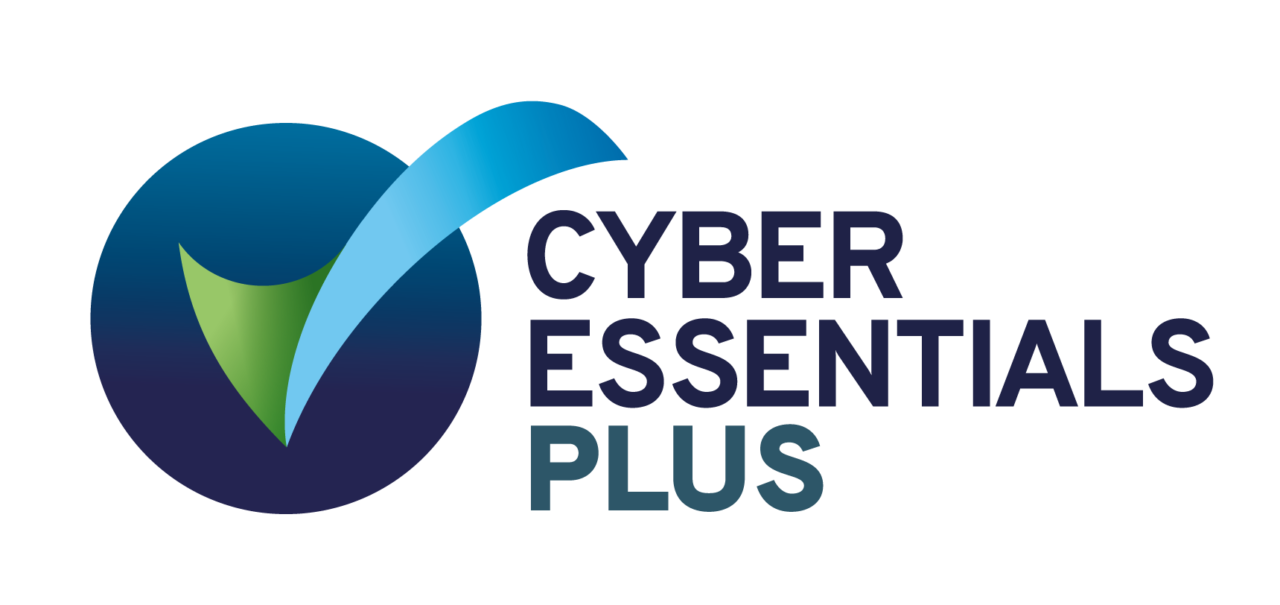Interpreting
Interpreting comes in many forms – we supply interpreters in all languages and also British Sign Language.
What is the difference between interpreting and translating?
Interpreting is real-time spoken translation from one language to another, for example during a meeting or a conference. Translation is written – for example producing a German version of an original English website. Not all professional interpreters will translate and not all translators would work as a language interpreter as the skills required are quite different.
When would I need an interpreter?
Interpreters can be needed for court, for business negotiations or for medical appointments. They could be called on to help make a phone call or to assist in the running of a training course.
We also supply interpreters for HR meetings, sales meetings, medical insurance claim assessments and major conferences.
Whatever your need we will have a qualified interpreter to assist you, whether that be for a few minutes or a few weeks.
What kind of interpreting do I need?
Interpreting is a very skilled job, which can be pressured - take a moment to think about what kind of interpreter you need and also how many interpreters you might need. It’s also important that your interpreter has all the right qualifications, experience and specialisms that might be needed – something that we as a specialist interpreting agency will automatically do for you.
Here are a few examples:
A meeting where just one person doesn't speak the common language - a whispering interpreter would be best, who sits next to the delegate and literally whispers in their ear. It's a good idea to explain to the other delegates what's going on in case they tell the interpreter to be quiet!
A court case - the witness doesn't speak English and needs an interpreter. The court interpreter will speak after the witness and relay their comments accurately and without bias. An NRPSI interpreter is needed who has had special training in how to interpret at court and what is expected from them so they do not influence the case.
A training course for a group of engineers - an ad hoc/liaison interpreter would be best who has had sight of the course documentation. Depending on the language competency of the delegates, the interpreter will interpret just difficult sections or queries or the whole of the day's discussions. If there are a large number of delegates, more than one interpreter may well be needed.
A conference for 300 delegates - a minimum of two conference interpreters would be needed to work in shifts as a team. They would interpret any presentations and questions from the floor and potentially assist with conversations at break-out groups or evening functions.
A medical appointment – a professional medical interpreter (male or female) can be arranged to accompany you to a medical appointment to assist with understanding what the doctor says and to make sure your symptoms are fully explained to the doctor.
A sales meeting – a professional business interpreter will work as part of your team, helping you understand the culture of the other delegates, giving insights into how they might negotiate and how best you could approach the meeting. They will ensure your discussions run smoothly and efficiently, enabling you to make a good impression and reach the outcomes you are looking for more effectively.
An HR meeting – when workers whose first language is not English are called to an HR meeting, they have a right to an interpreter to ensure they understand everything that is being discussed. The presence of an experienced and professional HR interpreter can make sure that as an employer, you meet the legal requirements and that any discussions are carried out with clarity, without disadvantaging the employee.
What languages do you provide interpreting services in?
For all of these situations mentioned above we can supply professionally qualified language interpreters in all languages and we also regularly source British Sign Language interpreters to assist deaf clients.
We occasionally source interpreters with language pairs which do not include English, for example German-Spanish or Dutch-French.
How long can I have an interpreter for? Do they attend in person?
Interpreters can be booked for anything from an hour to several weeks, depending on your requirements. In general they will attend in person and, depending on the length of your assignment, will either live close to your location or we can arrange accommodation for them during the assignment.
In some instances interpreting can also be arranged via the telephone. This is particularly useful if you have an emergency requirement at short notice. Please contact us as soon as you can if you need this kind of assistance.
What kinds of industries need interpreters?
Interpreter services are provided for a very wide range of industries – wherever people meet and do not share the same language an interpreter can make things easier.
Companies which export often find having an interpreter as part of their team can help when attending overseas sales meetings, exhibiting at an overseas show or visiting a factory for example. Manufacturing companies often need an interpreter when sending an engineer to repair or maintain equipment overseas. Media companies use the services of professional interpreters to assist with interviews, videos and general meetings.
As an interpreting agency MTT has supplied interpreters for European standards committees, engineer visits, safety conferences, medical assessments, court cases, witness statements, to assist the police with lost lorry drivers, football clubs trialling new overseas players, HR dispute interviews and sales meetings.
How do I book an interpreter?
If you think an interpreter would make your meeting easier and more efficient, just contact us on 0844 856 1086 and talk to one of our team about what arrangements would suit you best, or simply email us on [email protected] and a member of our team will be in touch shortly.
NB: Please give us as much notice as possible, as sometimes it can be difficult to find particular language combinations at short notice, depending on your location.

















